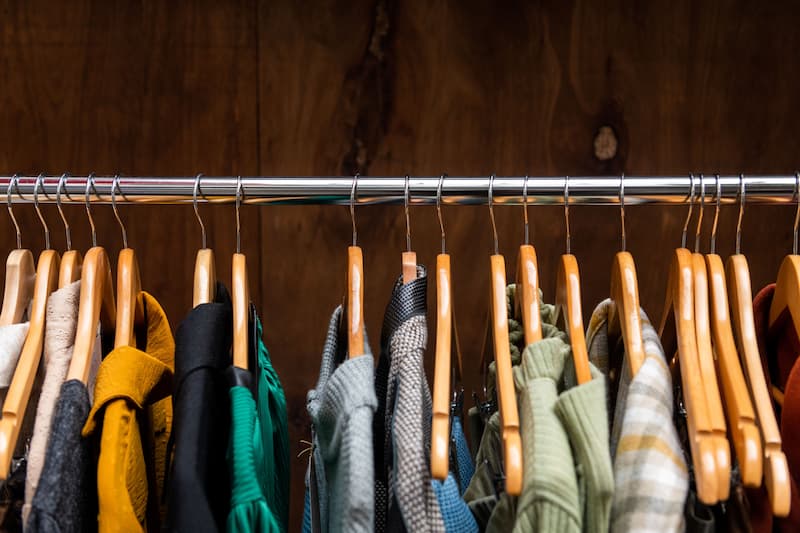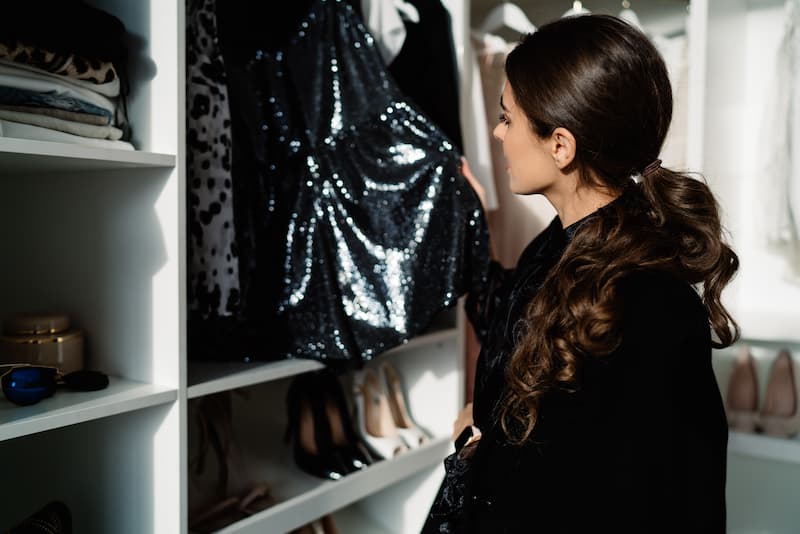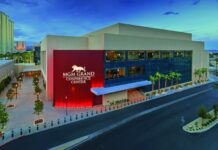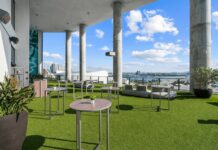Selecting the right dress codes for events is more than a logistical detail—it shapes the ambiance and influences guest comfort. For meeting and event planners, aligning attire expectations with the audience, venue and event type is crucial.

Know Your Audience
Begin by understanding your attendees. Consider age, cultural background, industry norms and personal style preferences. A younger, trend-conscious group might appreciate a relaxed or themed dress code, while a more traditional audience may prefer clear, conventional guidelines.
Consider the Venue and Timing
The event’s location and schedule play significant roles in determining appropriate attire. A beachside gathering suggests casual, breathable fabrics, whereas a ballroom gala leans towards formal wear. Seasonal weather and venue style should also influence dress code decisions. For instance, outdoor events in cooler climates might necessitate layering options.
Align with the Event’s Purpose
The dress code should mirror the event’s tone and objectives. A black-tie dress code adds elegance to an awards ceremony, while business casual suits a professional development workshop. Themed attire can enhance engagement and encourage personalized interpretations and style.
Communicate Clearly
Once the dress code is determined, communicate it effectively. Use descriptive language in invitations and provide examples if necessary. Terms like “business casual” or “cocktail attire” can be subjective; offering visual cues or detailed descriptions helps set clear expectations.
Enhance the Guest Experience
A well-chosen dress code contributes to the overall guest experience. It fosters a sense of unity and can even become a memorable aspect of the event. Encouraging guests to dress appropriately ensures they feel comfortable and engaged throughout the occasion.
You May Also Be Interested In…
Exclusive: How to use AI for Time-Savings, Productivity and Analytics
8 Essential Tips for Mastering Livestreaming











